(CLO) Taking place from February 14 to 16, 2025, the Munich Security Conference witnessed shocking events in the relationship between the US and the European Union (EU), to the point that the host country's German television station had to ask whether the US and the EU still "speak the same language"?
US Vice President's shocking speech on democracy in Europe
The Munich Security Conference 2025 comes at a crucial time of change: a new US administration takes office in January, a new cycle of European lawmakers in Brussels and German parliamentary elections taking place just a week after the conference.
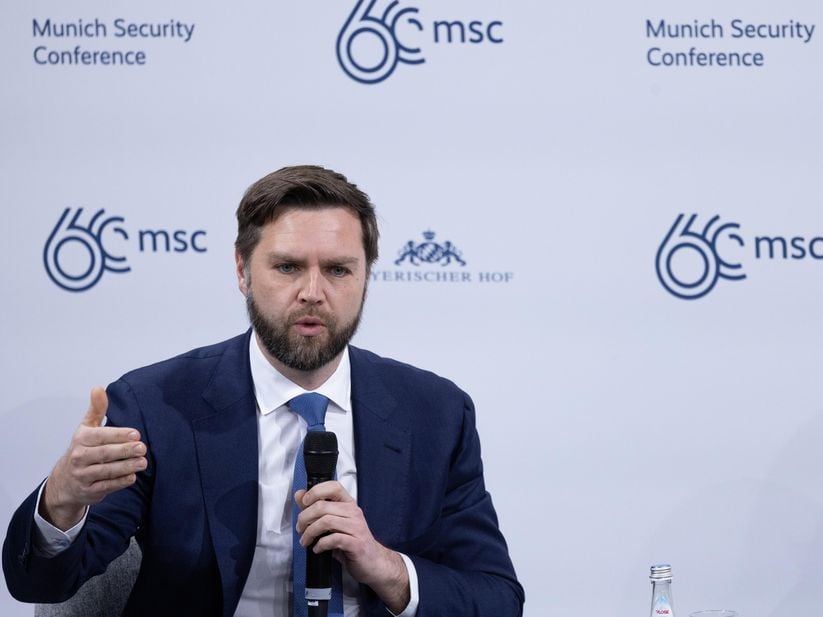
US Vice President JD Vance speaks at the Munich Security Conference. Photo: Munich Security Conference
And the new context also witnessed unexpected new developments, of which the first shock was the speech of US Vice President JD Vance. In his speech at the Summit, Mr. Vance stunned European leaders by questioning the “common values” that are often considered the norm by the EU.
Speaking to EU leaders, the US vice president said the threat to Europe that worried him most was not Russia or China but a retreat from basic values of protecting free speech - as well as immigration, which he said was "out of control" in Europe.
To demonstrate this, Vice President JD Vance criticized the cancellation of what he considered a perfectly legal presidential election in Romania (which was declared invalid by Romania's constitutional court in December), condemned the ban on abortion protesters protesting directly outside clinics in the UK, and condemned the exclusion of far-right parties from the political process on the old continent.
“I’m concerned that freedom of speech is being curtailed,” Vice President JD Vance said. “What seems a little less clear to me, and I certainly think to many European citizens, is what exactly are you defending yourselves for? What is the positive vision that drives this common security treaty that we all believe is so important?” Vance asked, as most of the leaders of European allies looked on in amazement.
German Defense Minister Boris Pistorius hit back at the summit late Friday, describing JD Vance's remarks as "unacceptable," saying that with his speech the US Vice President had called into question democracy not only in Germany but also in the whole of Europe.
The “clash” at the Munich forum highlighted the differences in worldviews between the new administration of US President Donald Trump and European leaders, putting the relationship between two long-time allies, the US and the EU, in front of new challenges, promising many storms.
This was made even more apparent when, after his speech, Mr. JD Vance met with Alice Weidel, leader of the far-right Alternative for Germany (AfD) party, a move that is likely to draw criticism as unwanted interference ahead of next week's German federal election.
The rift between the two oceans
Despite being shocked and dissatisfied with the statement of US Vice President JD Vance, Europe has also taken actions to show goodwill towards the US. Notably, the European Commission (EC) decided to change financial rules to allow EU member states to significantly increase defense spending without exceeding the budget deficit.
EU spending rules require member states to keep their national budget deficits below 3% and public debt below 60% of gross domestic product (GDP). Some EU countries have previously argued that they cannot afford to increase defence spending, but Ms Von der Leyen said “when it comes to European security, Europe has to do more, Europe has to contribute more and to achieve this we need to increase defence spending”.
The move from the EU shows Europe’s significant effort to meet US President Donald Trump’s demands on defense spending. Before officially returning to the White House, Mr. Trump has repeatedly said that European members of the North Atlantic Treaty Organization (NATO) should spend 5% of GDP on defense budgets, instead of the current 2%. He even threatened to pull the US out of NATO if EU countries do not increase spending.
However, what followed the European gesture of goodwill was another shock. Euronews reported that in a statement about the prospect of President Donald Trump meeting Russian President Vladimir Putin and Ukrainian President Volodymyr Zelenskyy soon to discuss ending the conflict in Ukraine, according to US special envoy to Ukraine Keith Kellogg, Europe will not be invited to these negotiations.
It was even more noteworthy when several major news agencies later revealed that senior US and Russian officials were preparing for a summit between President Donald Trump and Vladimir Putin that could take place in Saudi Arabia later this month.
Accordingly, Russian Foreign Minister Sergey Lavrov and President Putin's diplomatic adviser, Yuri Ushakov, have left for the Saudi Arabian capital Riyadh. Meanwhile, three top US officials, Secretary of State Marco Rubio, National Security Adviser Mike Waltz and Special Envoy Steve Witkoff, will also arrive to meet the Russian delegation. US State Department spokeswoman Tammy Bruce said that the Ukrainian representative will not attend this meeting.
EU response and consequences of the rift
Although US Secretary of State Marco Rubio later eased concerns of allies across the Atlantic by telling CBS that the actual negotiations had not yet begun and that Ukrainians and EU representatives would be invited to attend if the situation progressed, Europeans were still feeling “hot under the collar”.
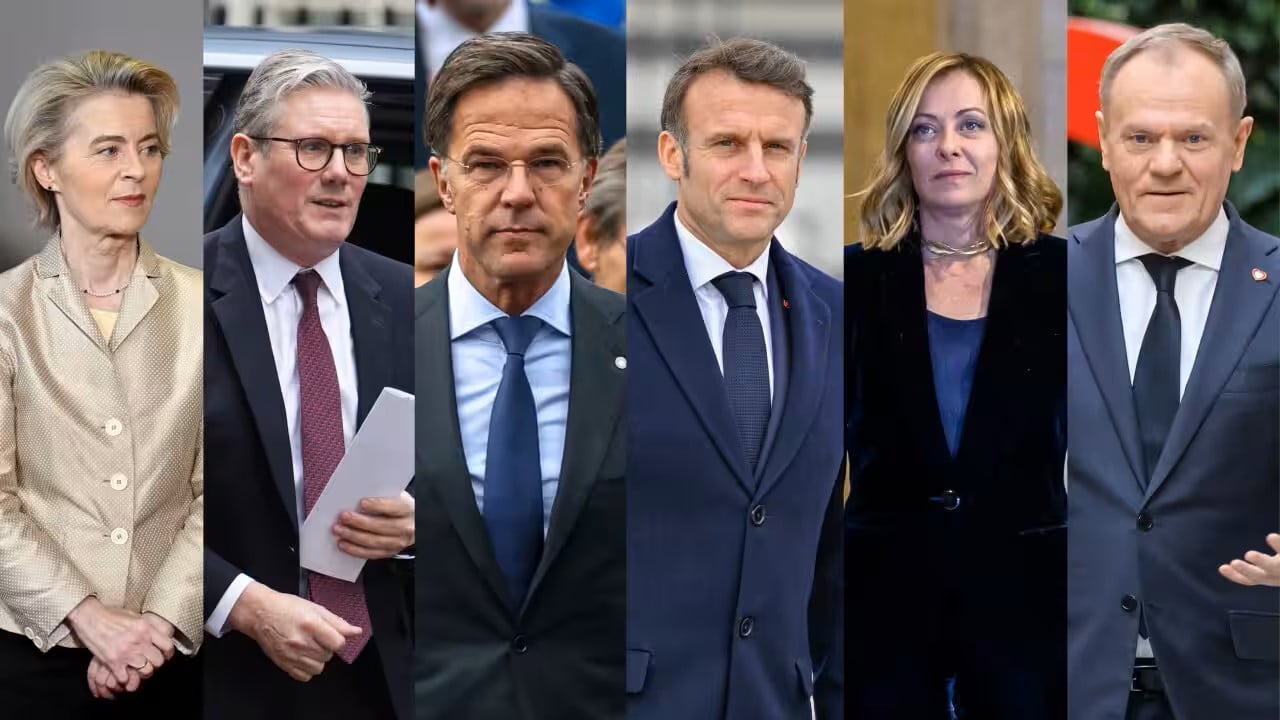
European leaders are holding an emergency meeting in Paris to find a response to the latest moves from the US. Photo: SBS
According to Euronews, European leaders decided to take a tougher stance, reminding the US that any peaceful solution for Ukraine would require European participation. “If there is a deal that is done behind our backs, it simply won’t work. Because for any kind of deal, you need Europeans to implement it, you need Ukrainians to implement it,” said Kaja Kallas, the EU’s High Representative for Foreign Affairs.
Mr. António Costa, President of the European Council, also issued a similar warning to the White House, saying that peace in Ukraine and security in Europe are “inseparable”, stressing that “there will be no credible and successful negotiations, no lasting peace, without Ukraine and without the EU”.
Meanwhile, French President Emmanuel Macron has invited a group of European leaders to Paris on February 17 to discuss the situation and strengthen the EU's common stance in the face of new developments related to the Ukraine issue.
The meeting was attended by the Prime Ministers of Germany, the UK, Italy, Poland, Spain, the Netherlands and Denmark, along with the President of the European Commission, the President of the European Council and the Secretary General of NATO. All parties shared the view that this is the time for the EU to promote solidarity and present a united front.
Back at the Munich Security Conference, support for Mr Trump’s European allies came from a surprising place. Immediately after US Vice President JD Vance’s controversial speech, Chinese Foreign Minister Wang Yi took the stage.
In his speech, Mr. Wang emphasized that China has always regarded Europe as a “partner, not a rival,” that Beijing “has always regarded Europe as an important pole in a multipolar world,” and affirmed that Europe has an “important role” in the peace process in Ukraine.
Clearly, the developments in Munich and other European diplomatic forums in recent days can be seen as an indication of the relationship between the EU and the US in the second term of President Donald Trump. The future of this transatlantic partnership will play an extremely important role in shaping the new world order, and that future, as everyone can see, is facing many challenges.
Quang Anh
Source: https://www.congluan.vn/nhung-thu-thach-lon-dang-chia-re-moi-quan-he-giua-my-va-lien-minh-chau-au-post334929.html


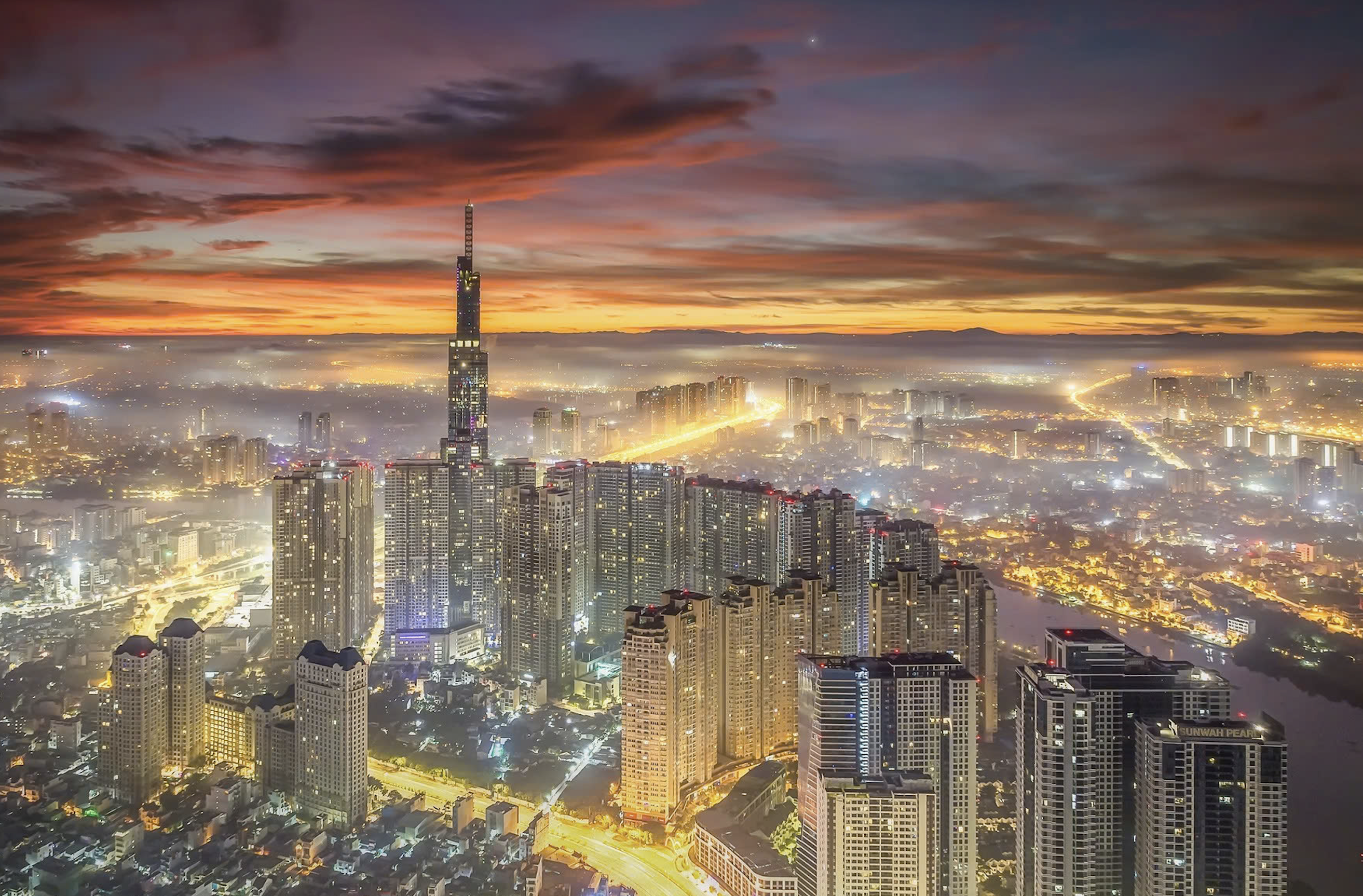
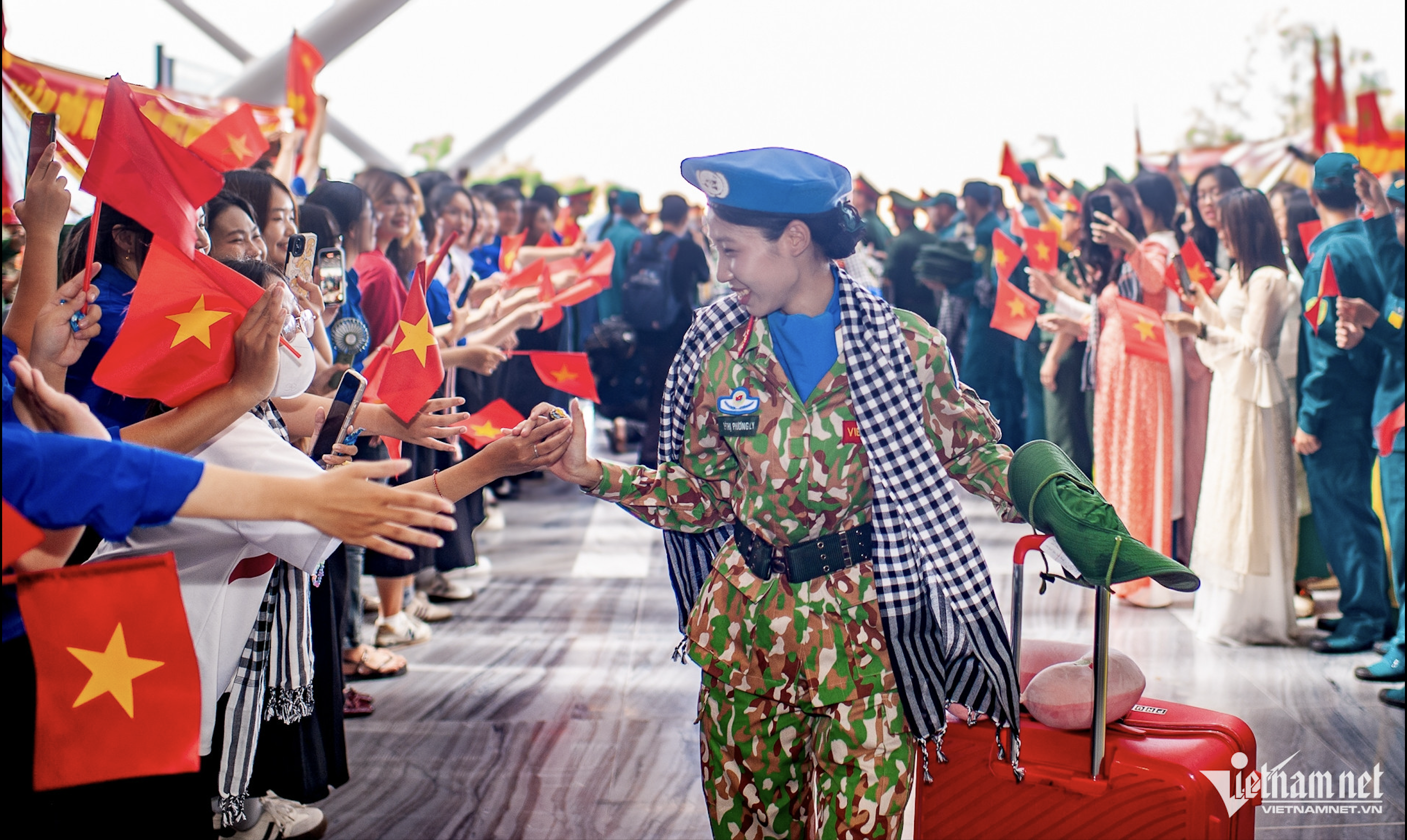

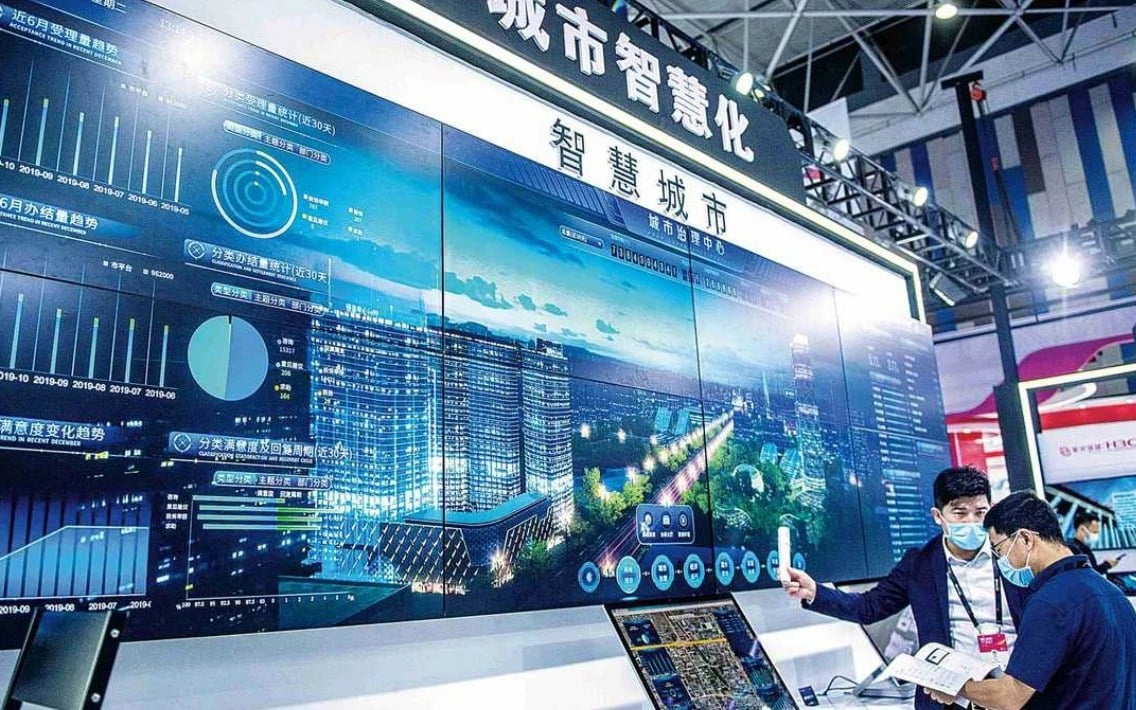
![[Photo] Bustling construction at key national traffic construction sites](https://vstatic.vietnam.vn/vietnam/resource/IMAGE/2025/5/2/a99d56a8d6774aeab19bfccd372dc3e9)

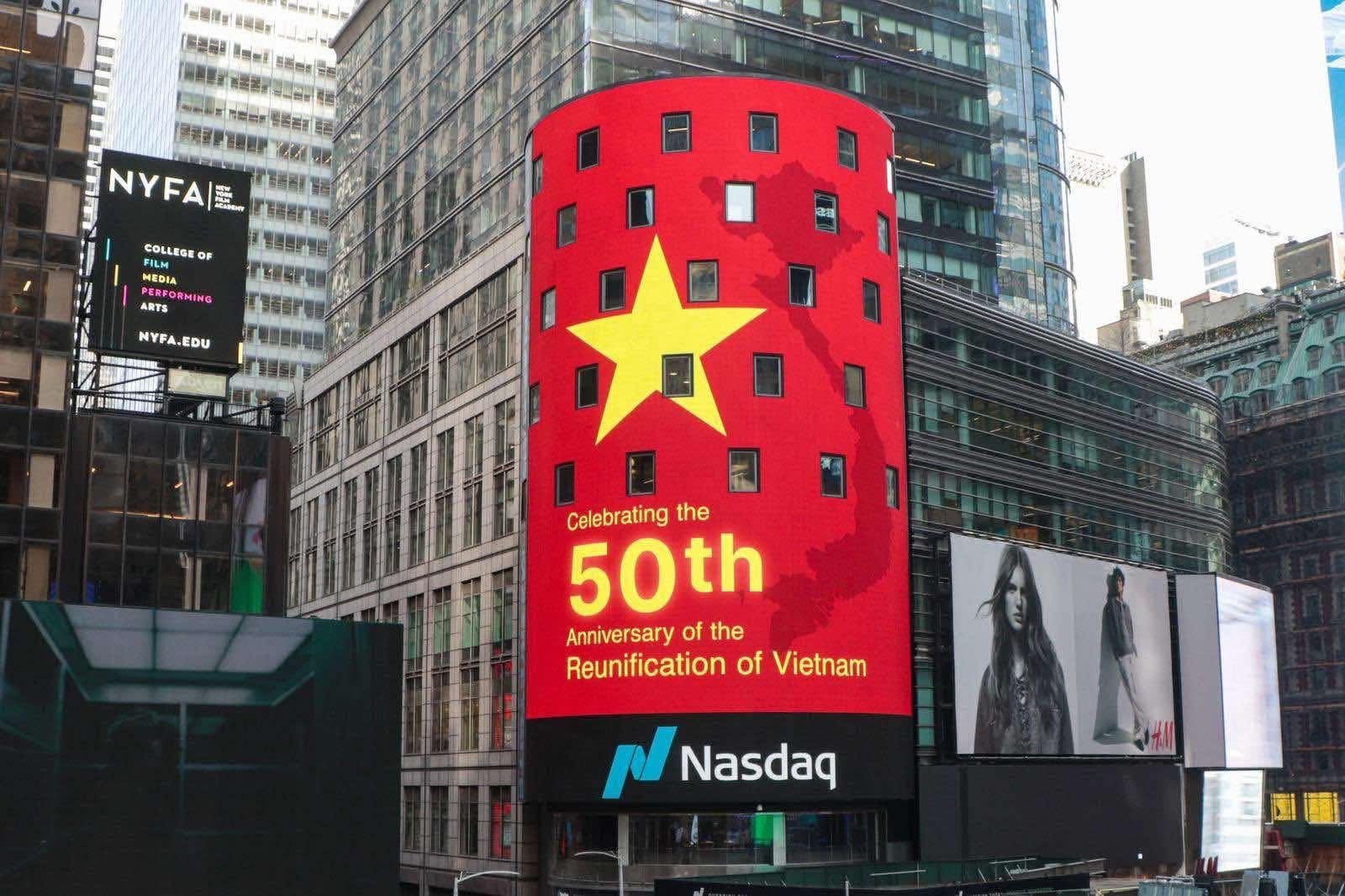

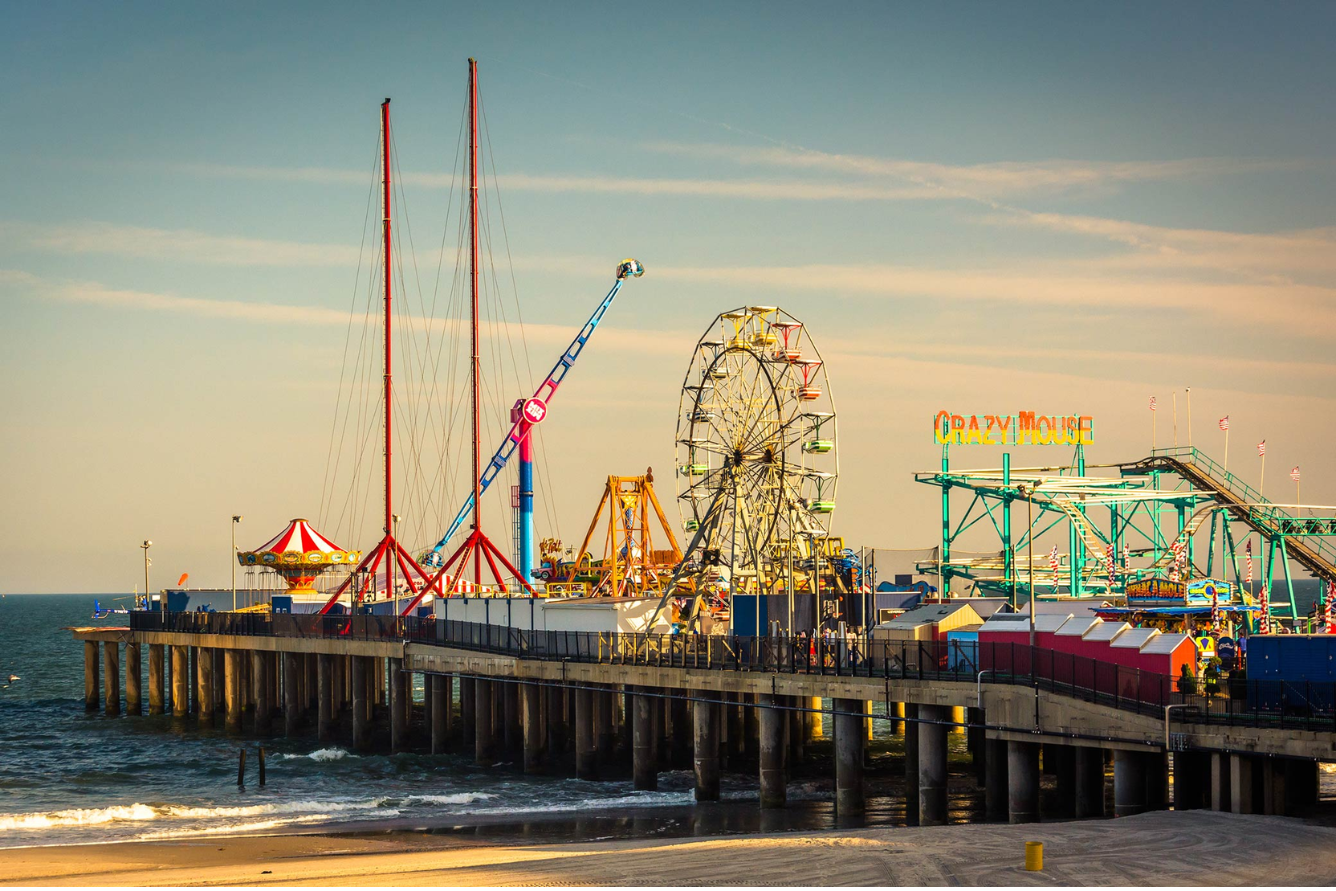

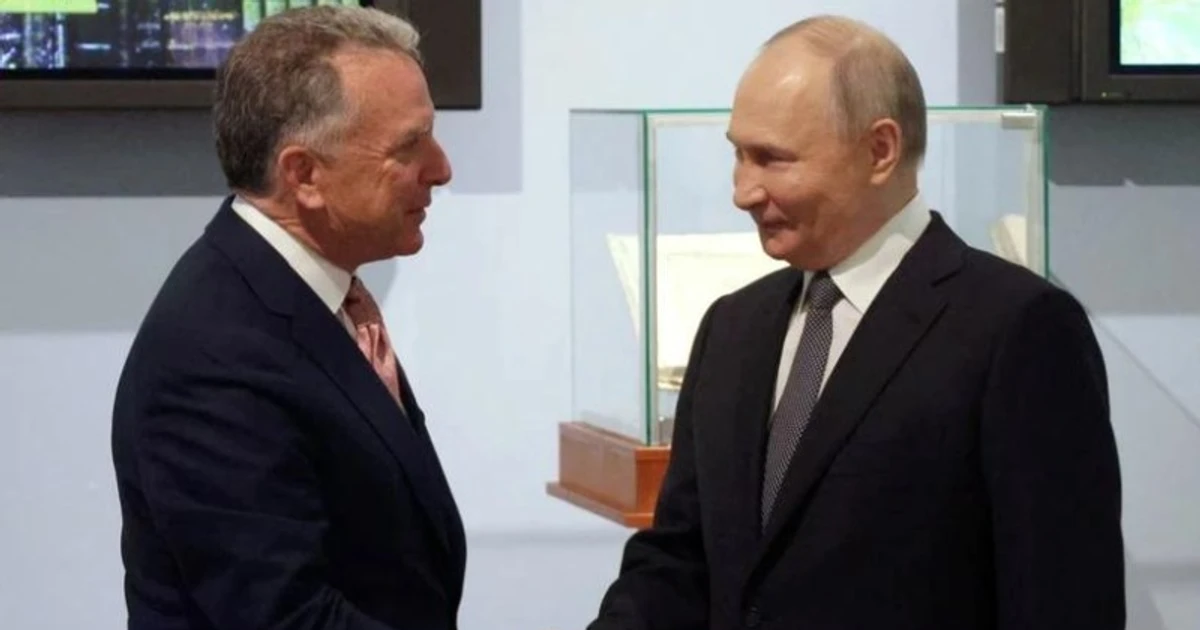
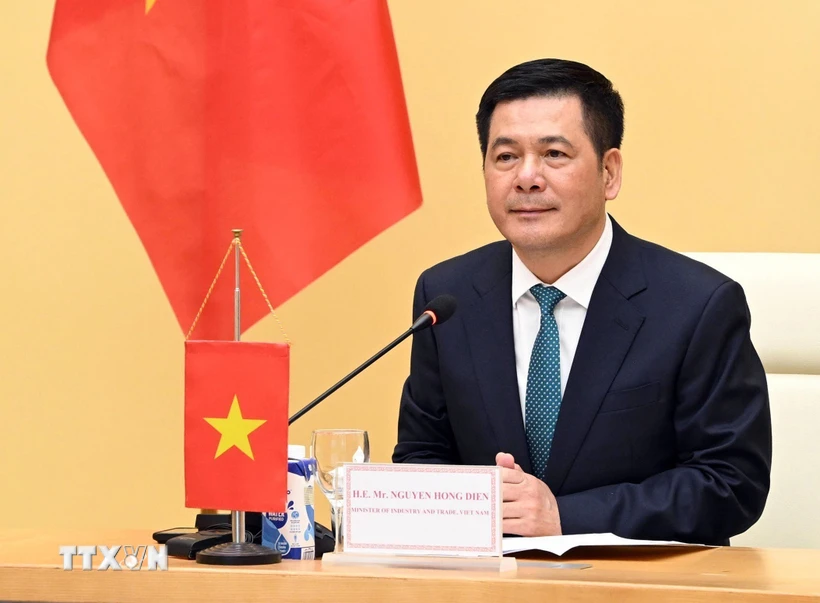

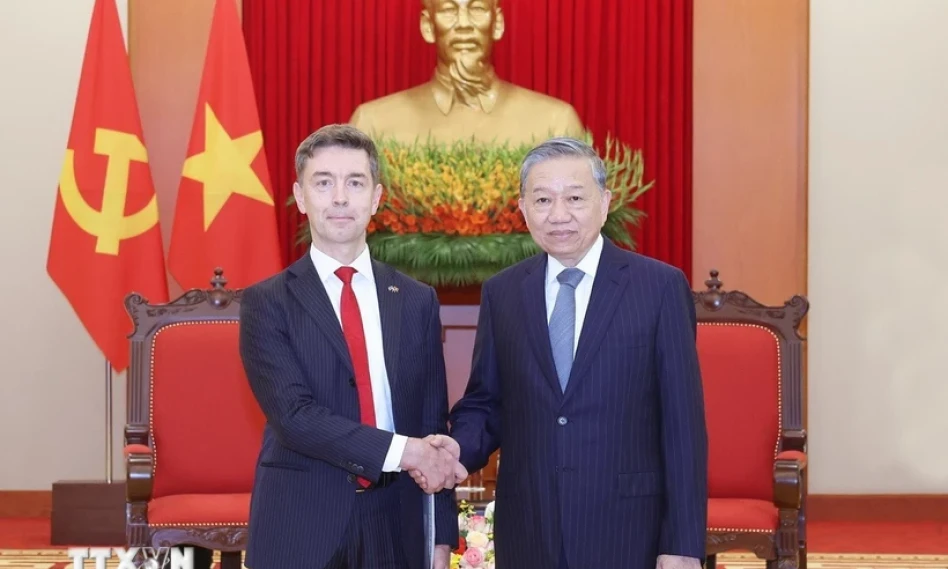
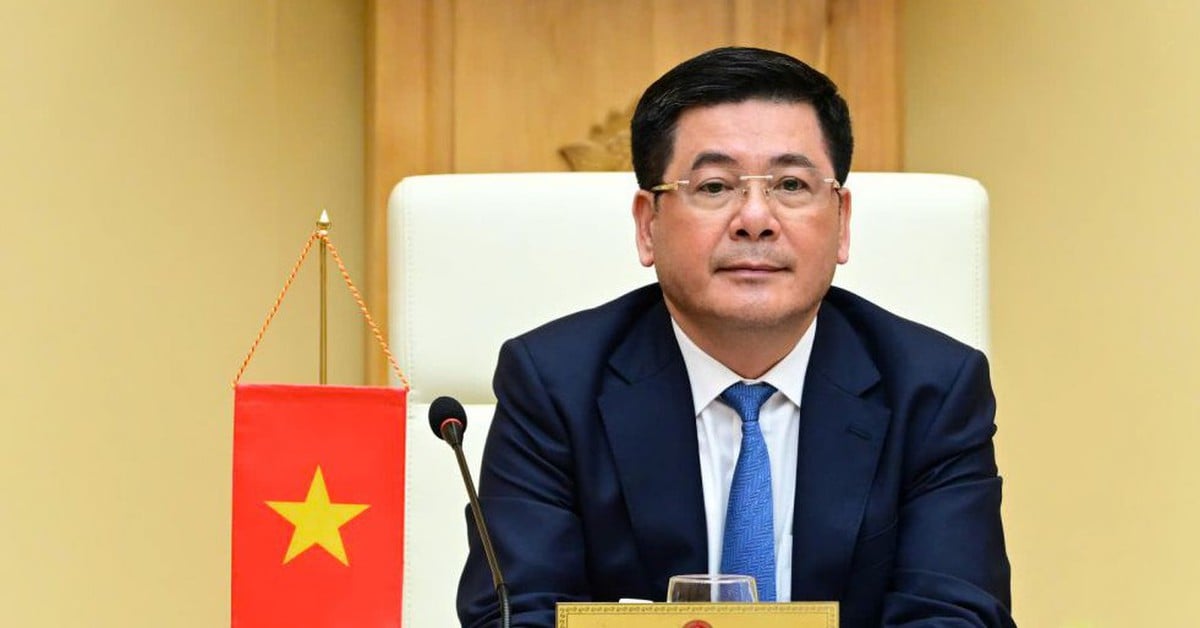

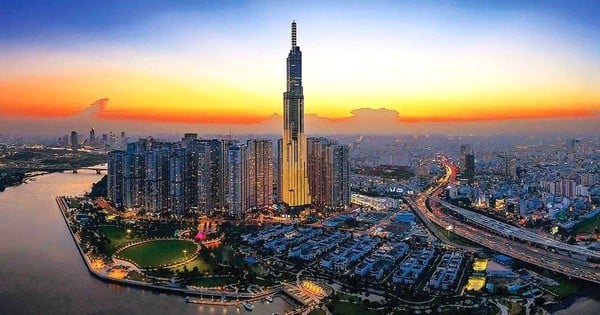
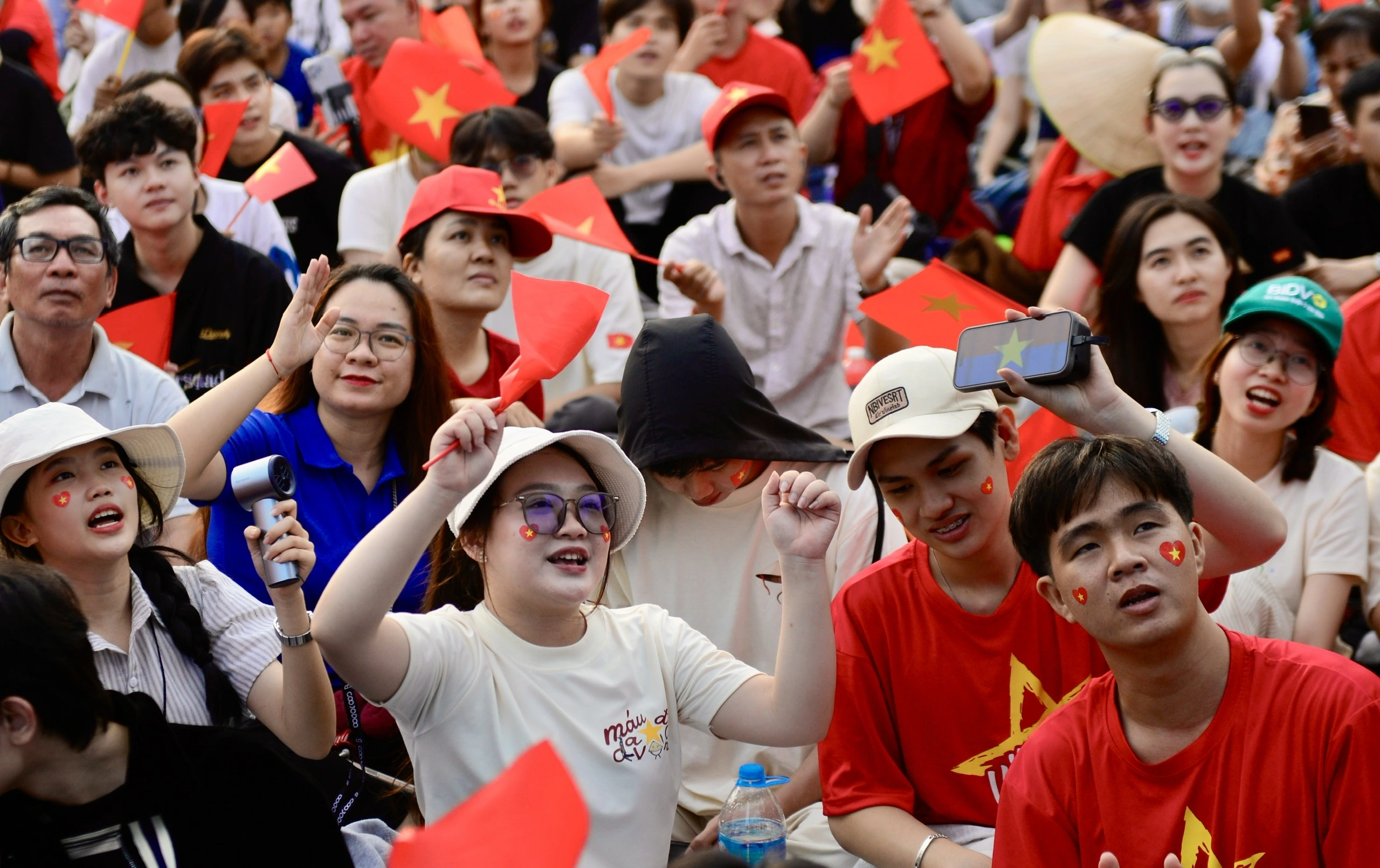
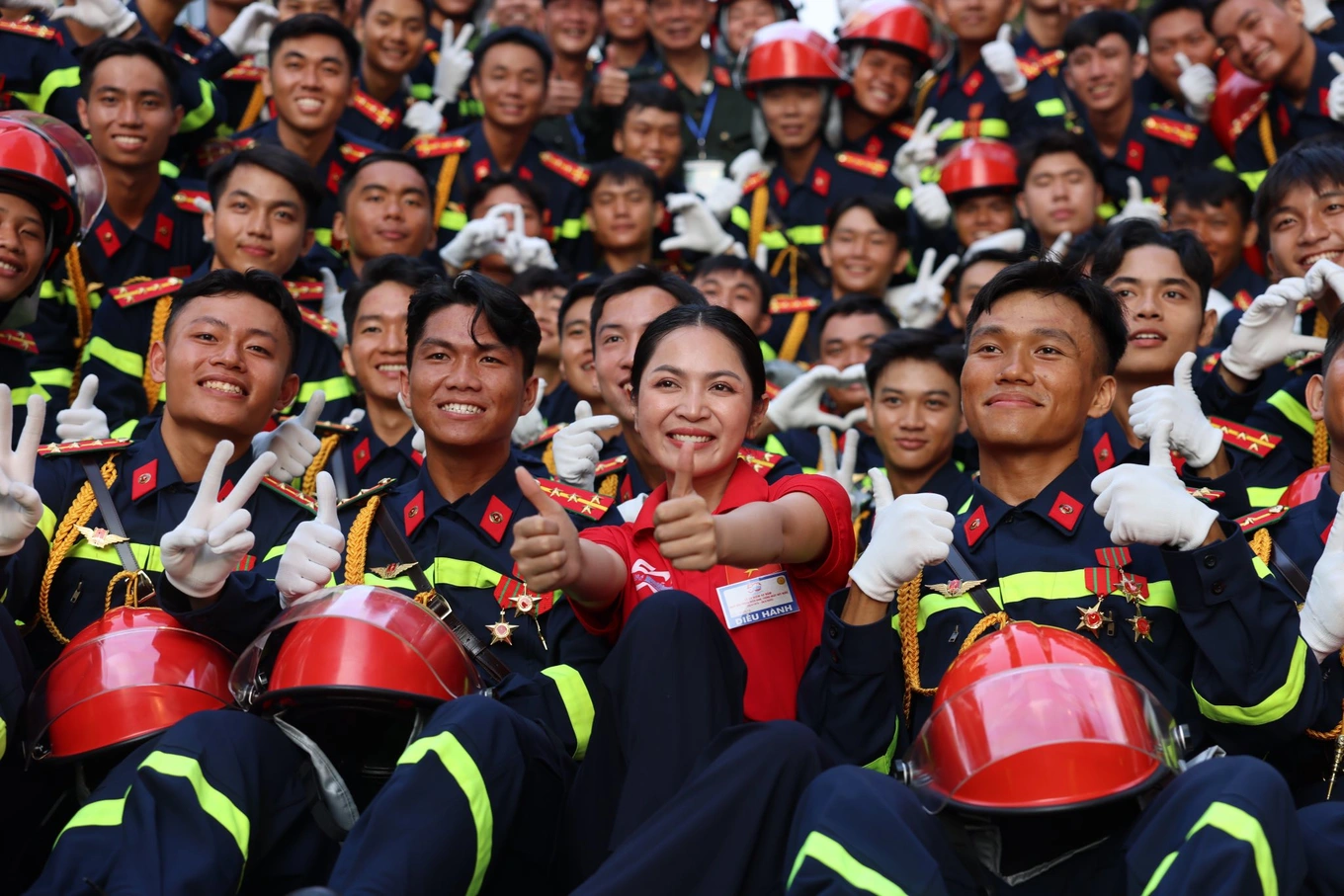
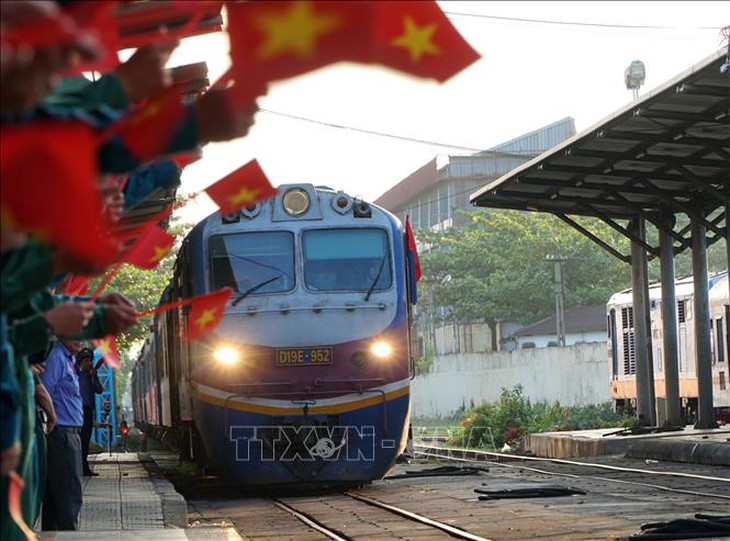
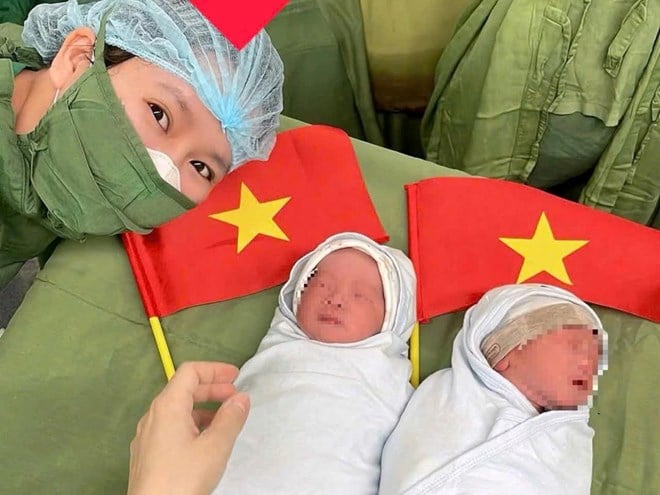
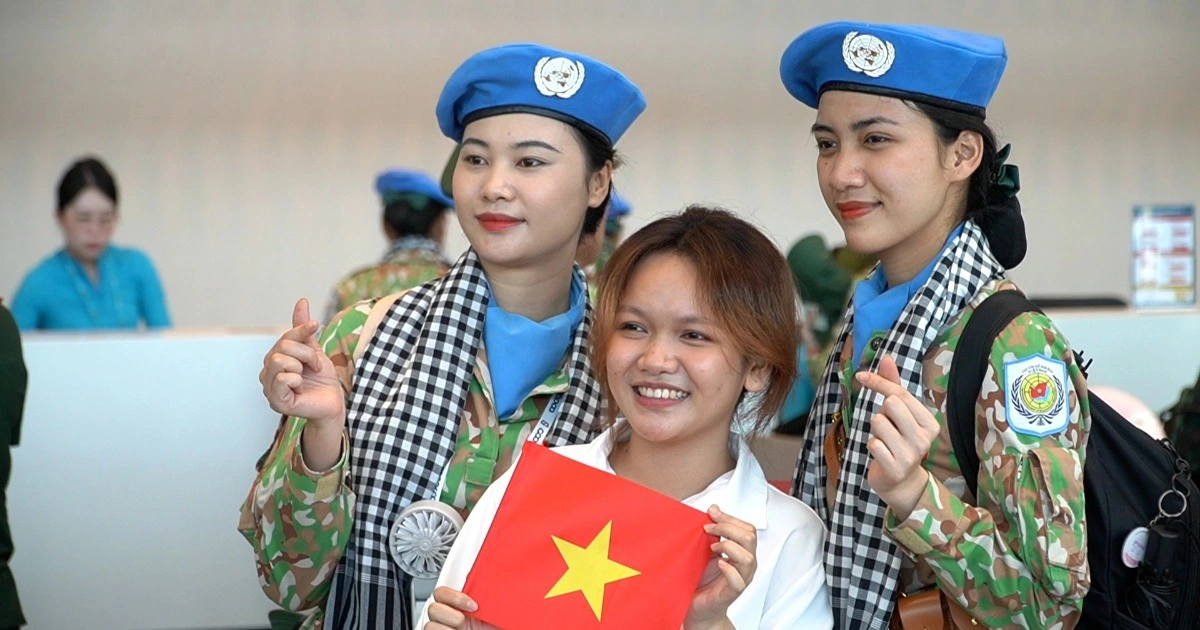




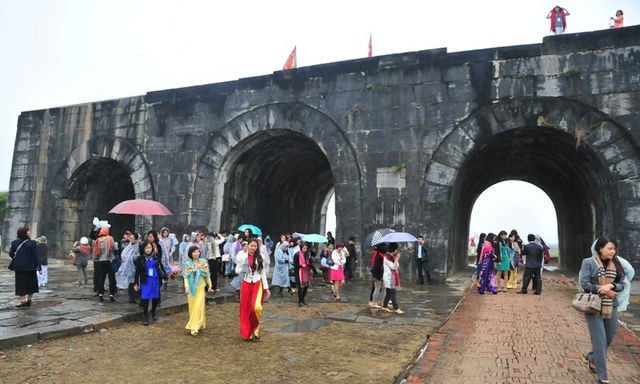



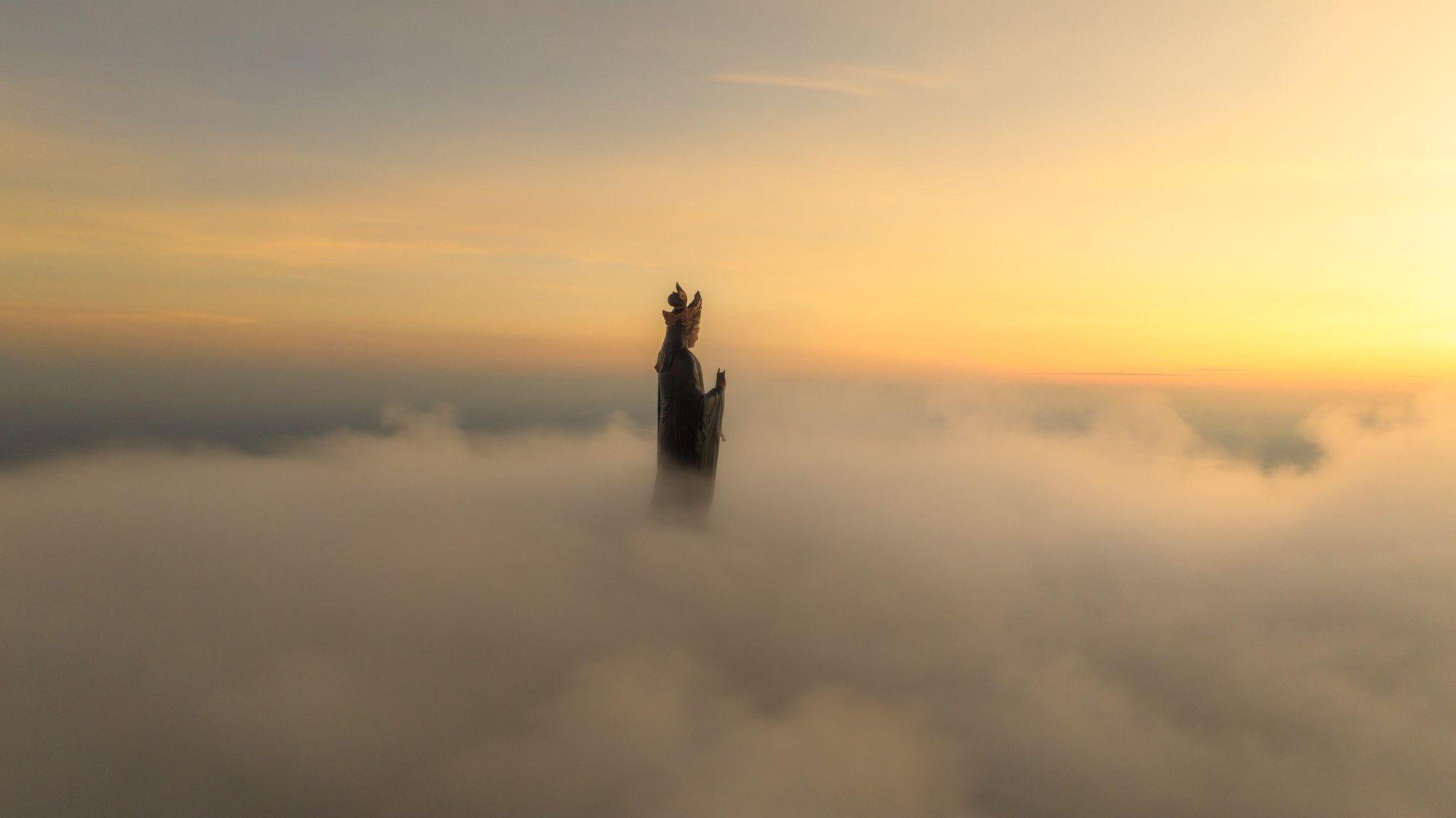
![[Photo] Binh Thuan organizes many special festivals on the occasion of April 30 and May 1](https://vstatic.vietnam.vn/vietnam/resource/IMAGE/2025/5/1/5180af1d979642468ef6a3a9755d8d51)
![[Photo] "Lovely" moments on the 30/4 holiday](https://vstatic.vietnam.vn/vietnam/resource/IMAGE/2025/5/1/26d5d698f36b498287397db9e2f9d16c)




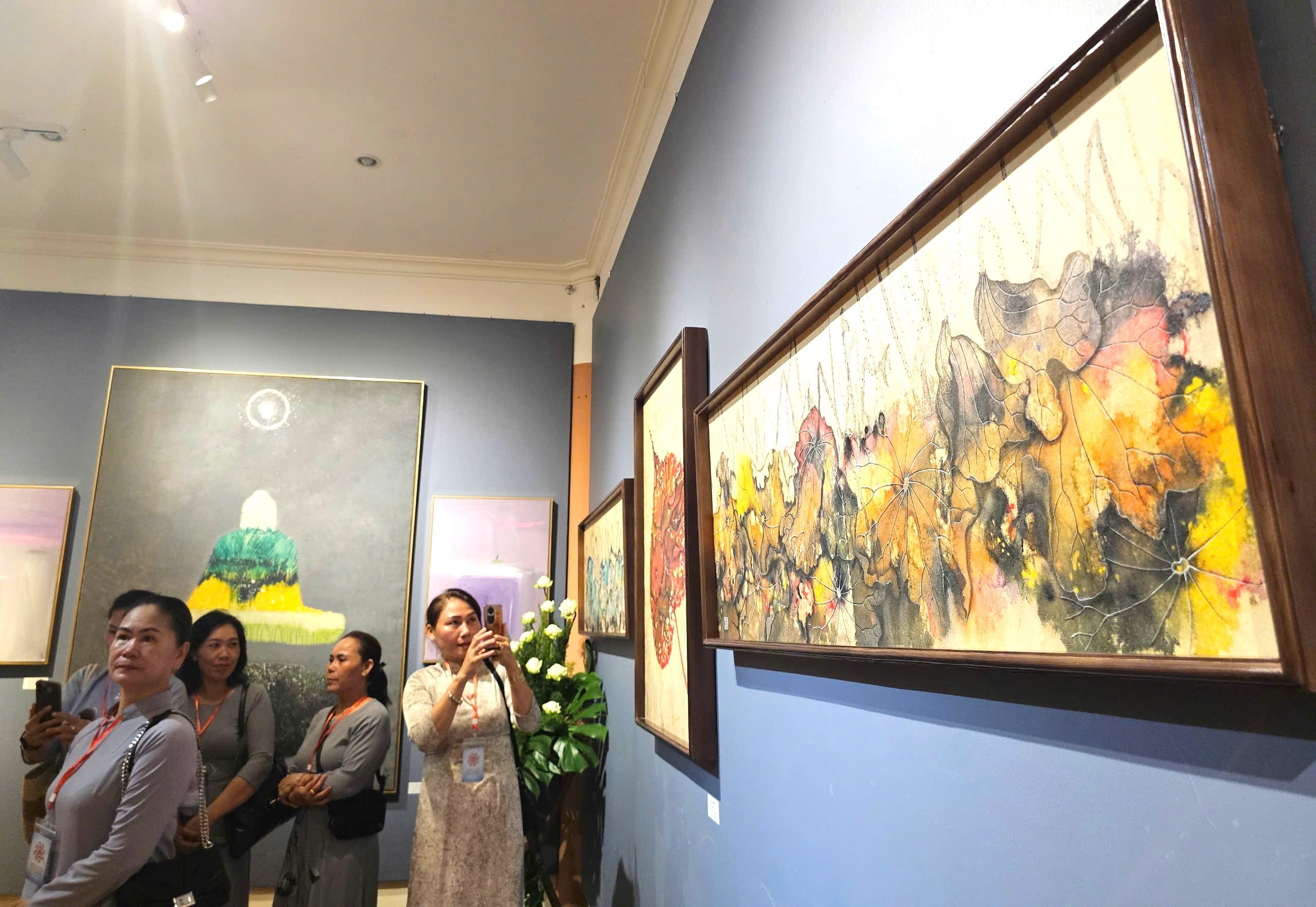

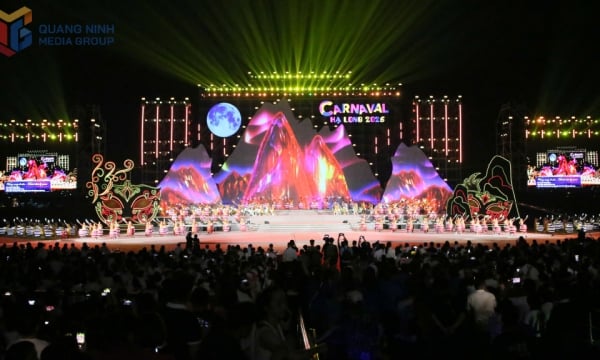



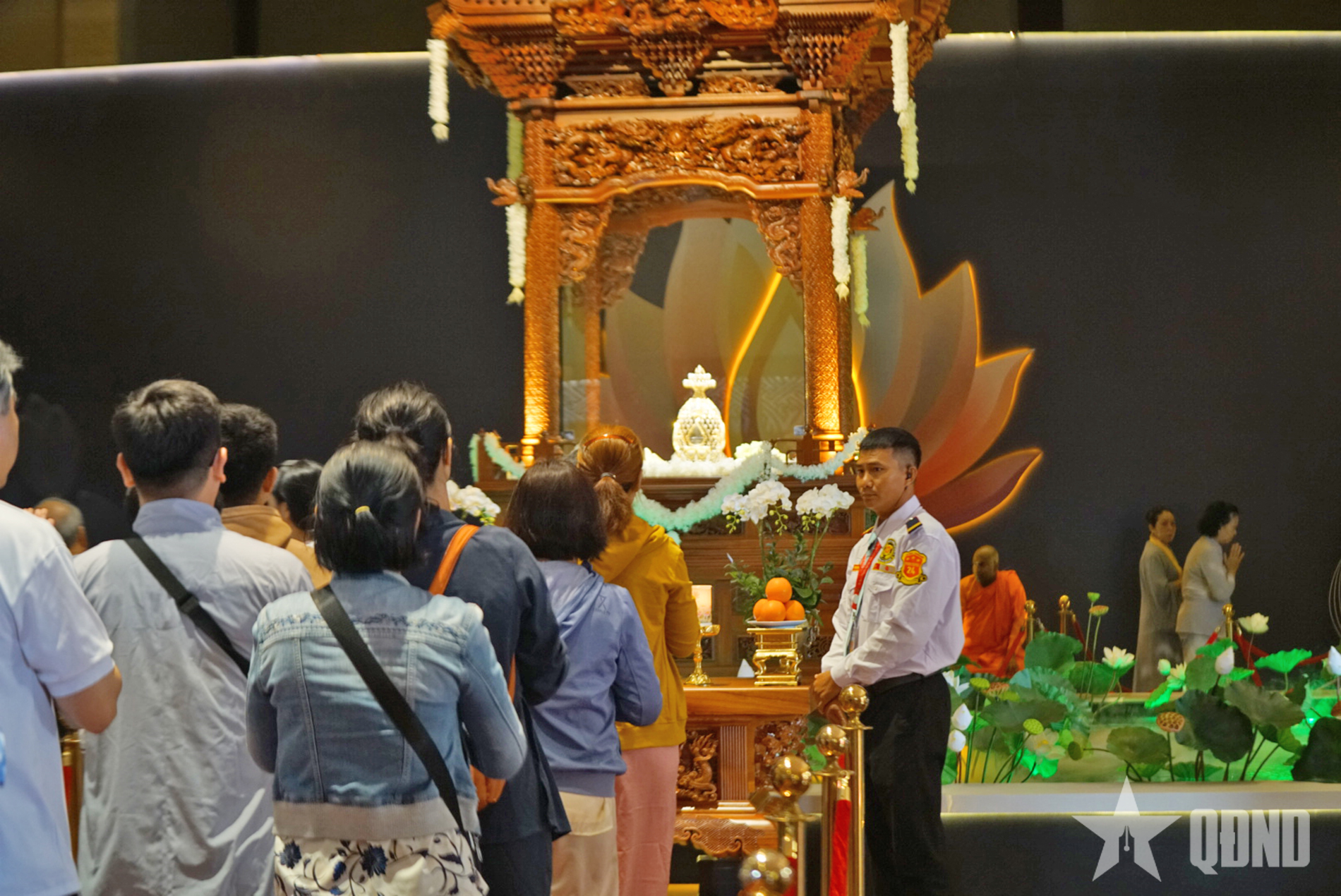


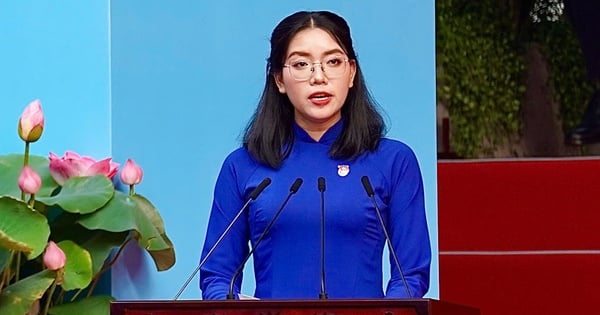

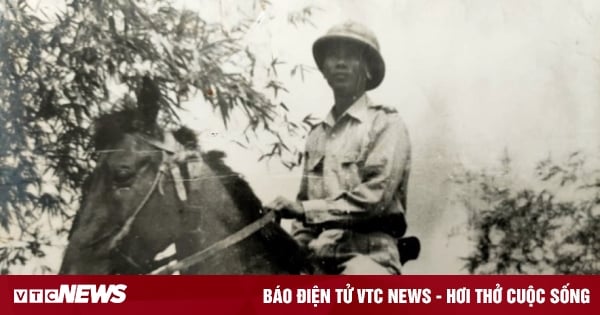


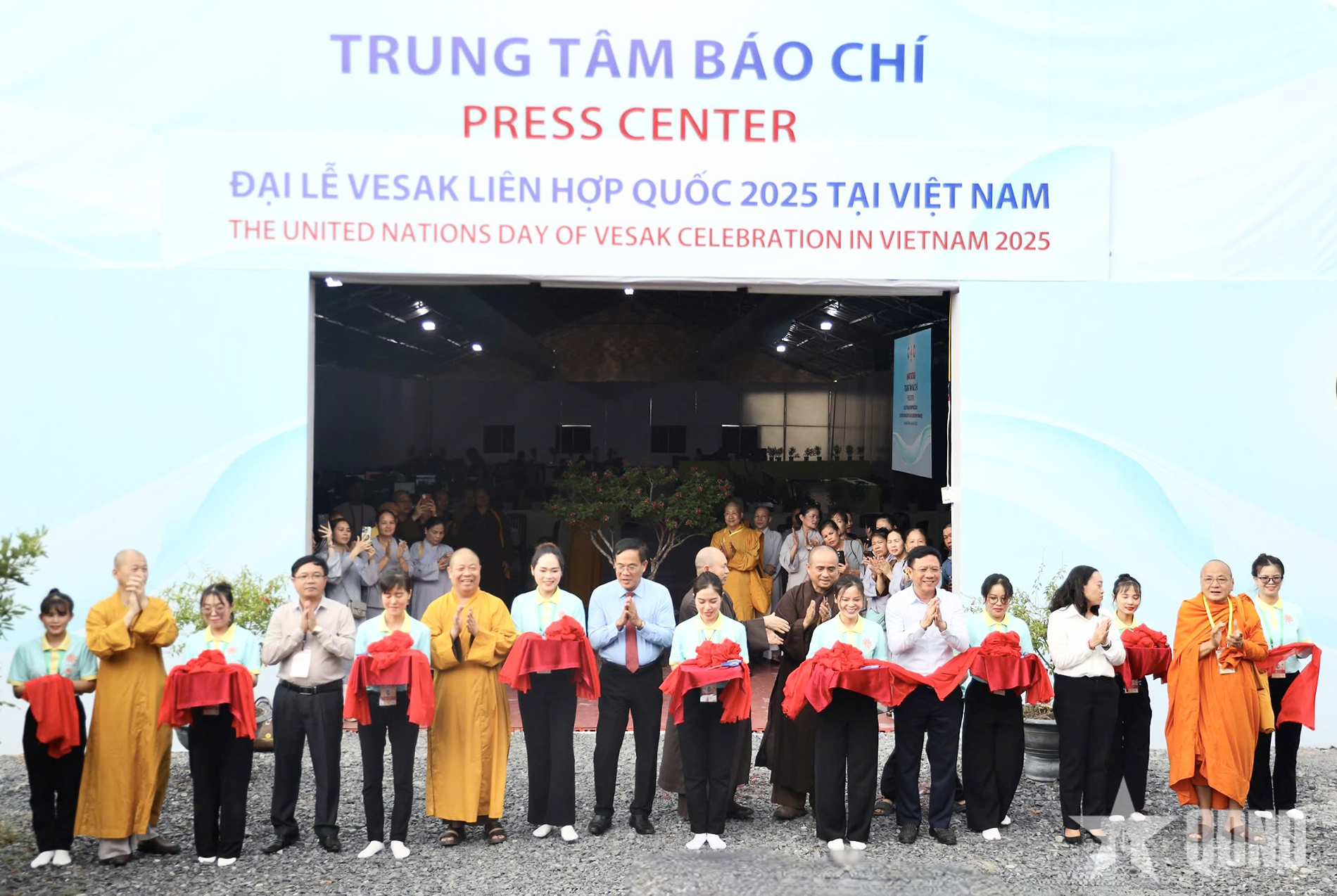








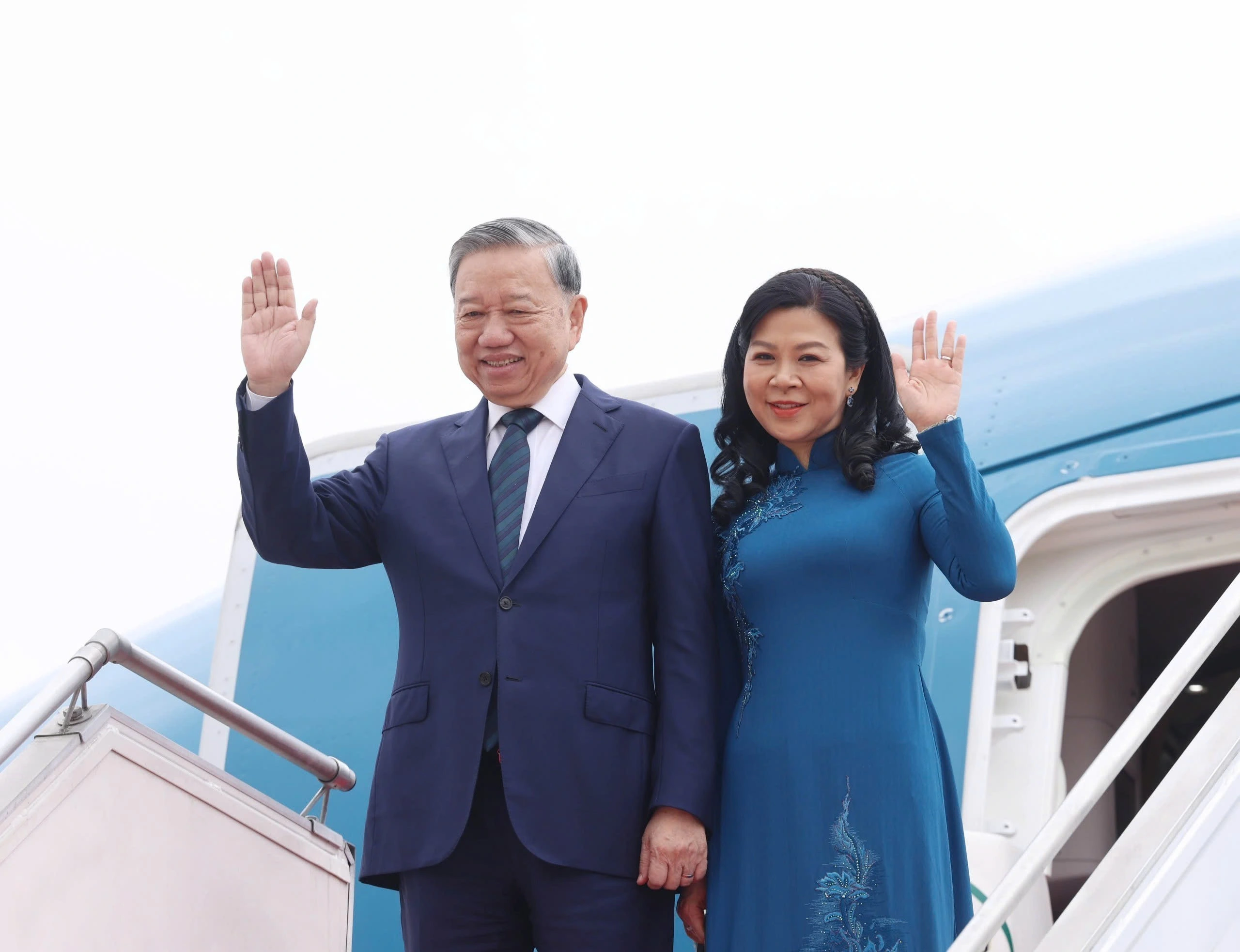
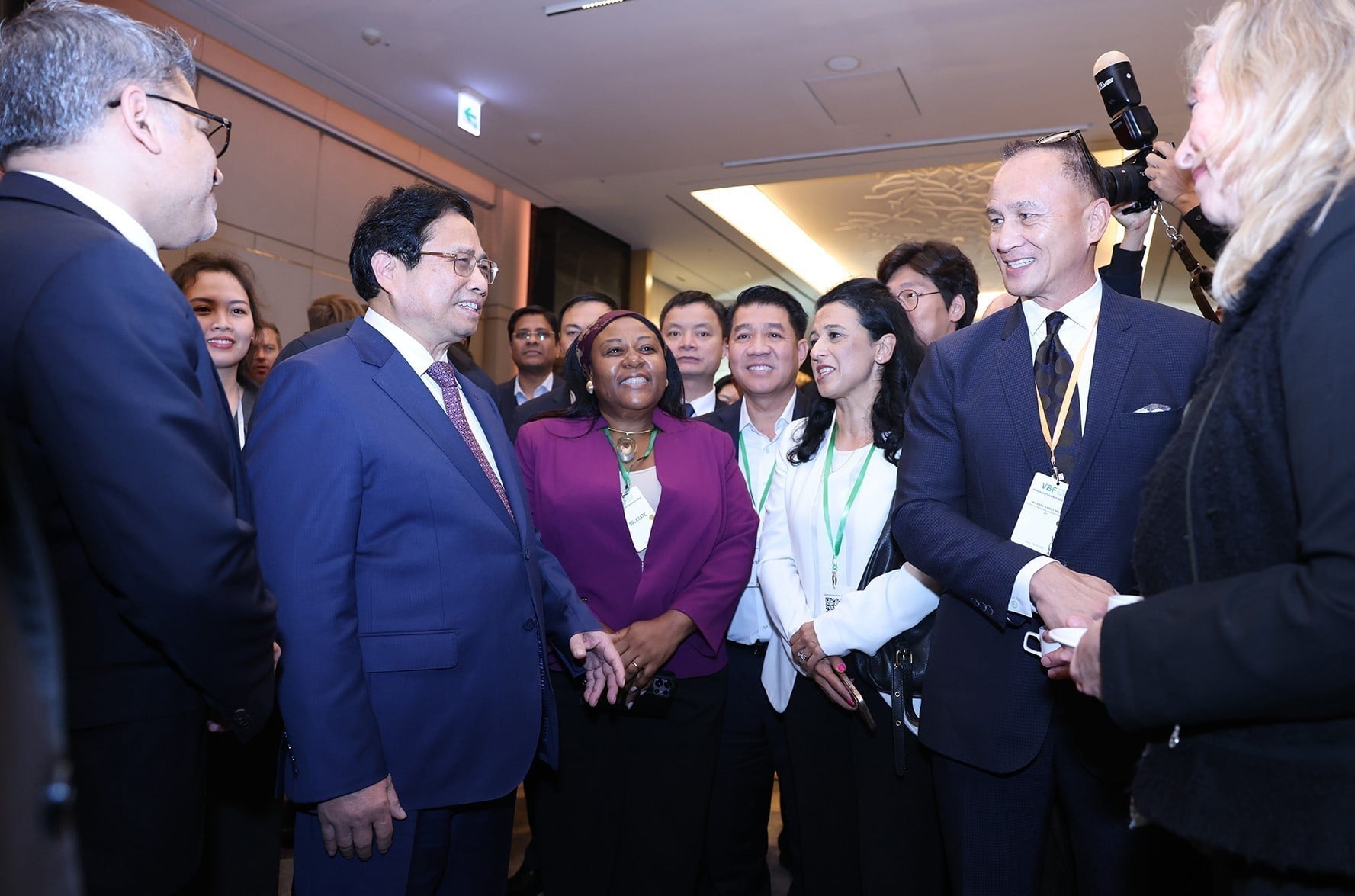
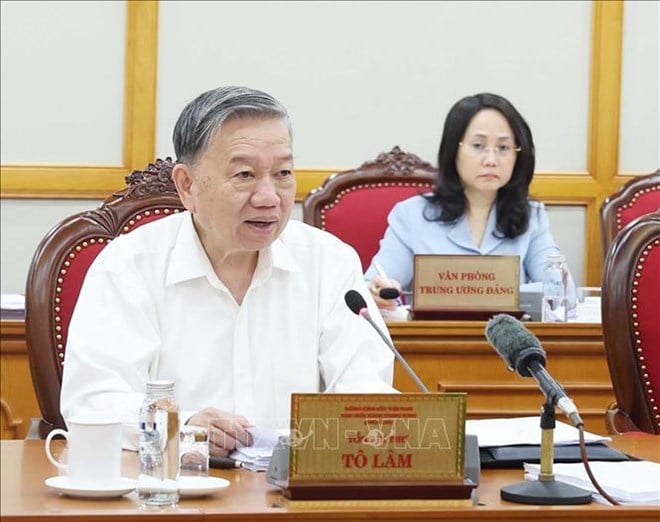

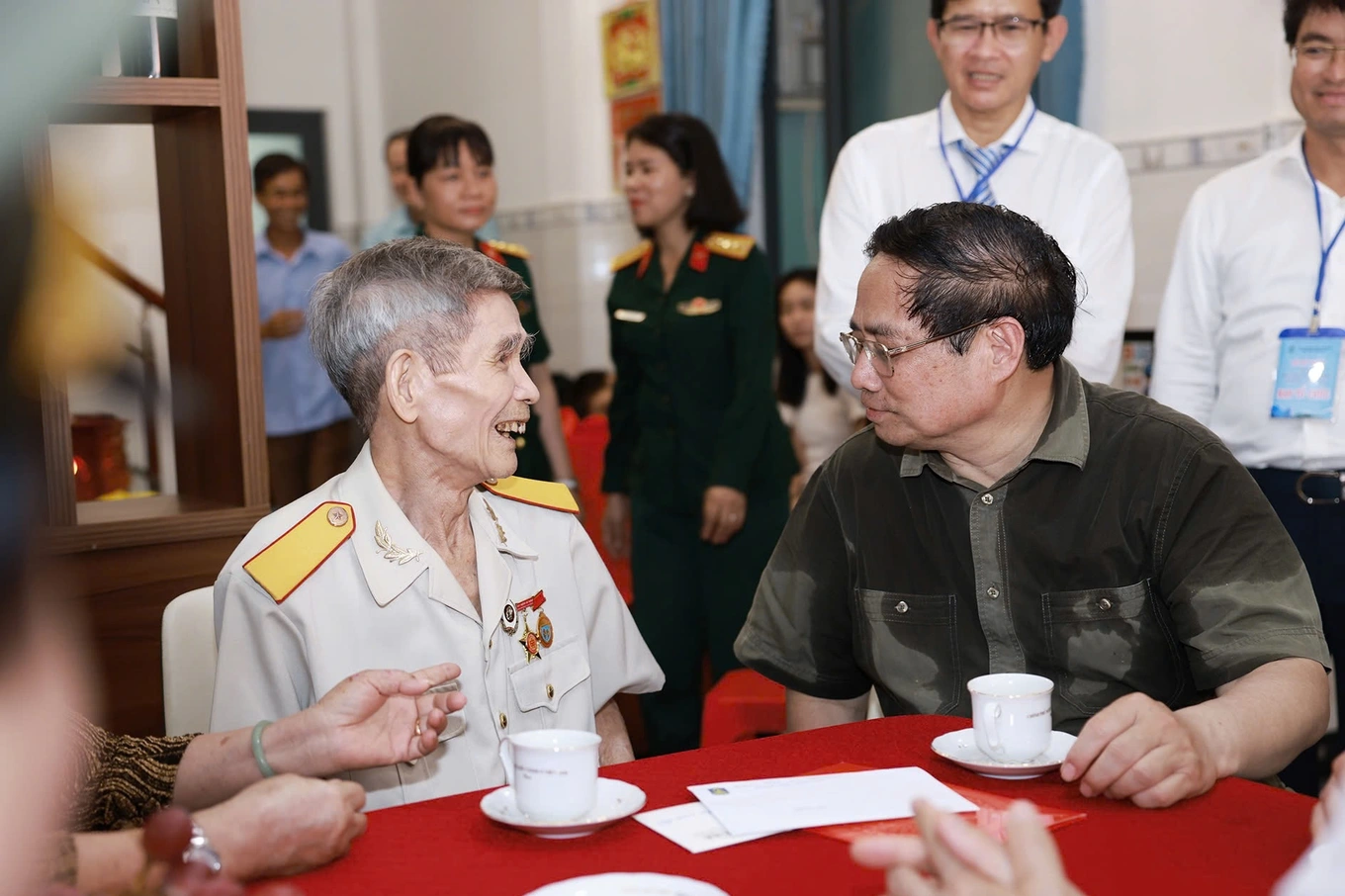

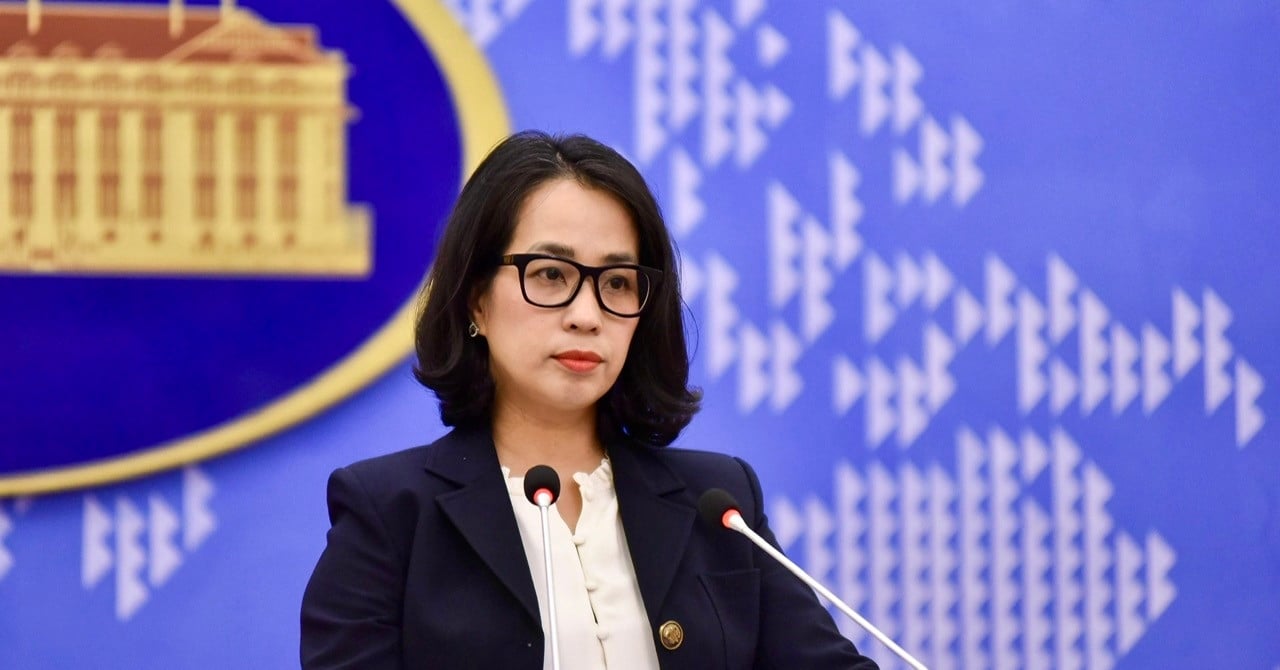



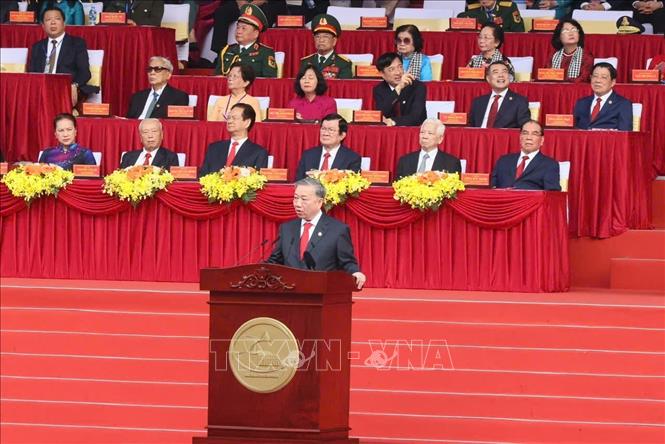








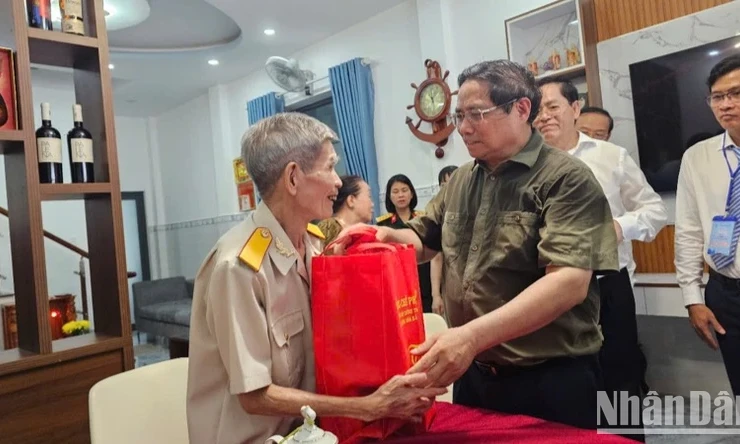
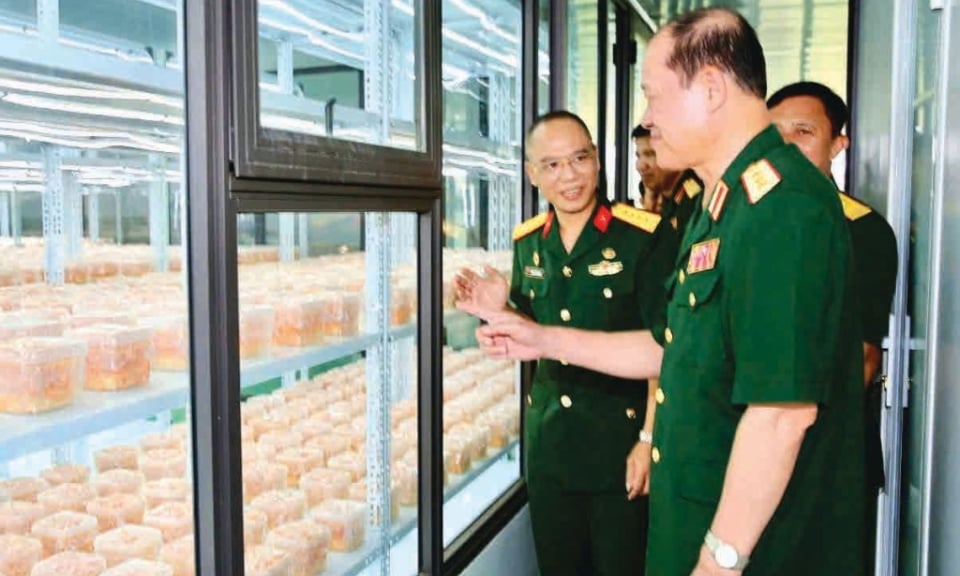

![[Video]. Building OCOP products based on local strengths](https://vstatic.vietnam.vn/vietnam/resource/IMAGE/2025/5/3/61677e8b3a364110b271e7b15ed91b3f)





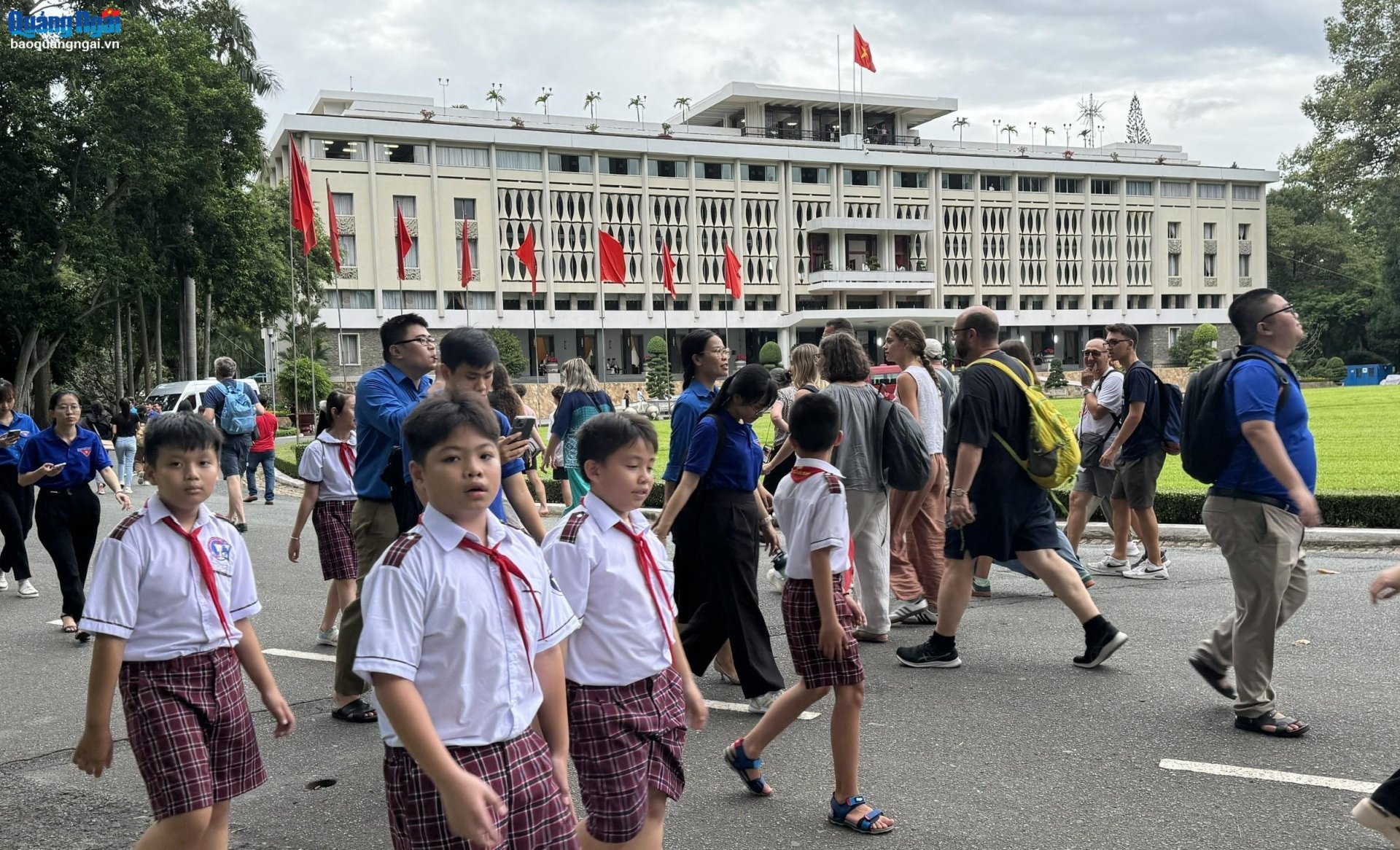









Comment (0)